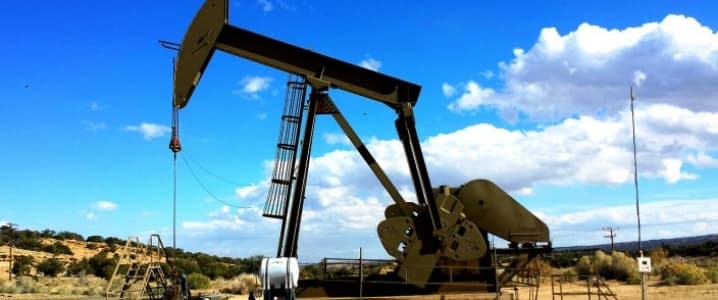The semi-autonomous region of Kurdistan in northern Iraq is estimated to have 45 billion barrels of oil reserves that it started to explore just a decade ago, after the fall of Saddam Hussein.
At the beginning of the 2010s, Kurdistan had been planning to have its production reach 1 million bpd by 2015, but the advance of Islamic State in northern Iraq in 2014, the start of the oil price crash, and the continuous disputes with the central Iraqi government in Baghdad over oil production, export routes and revenues all have stalled the development of the Kurdish oil fields in recent years.
Current production from the fields in northern Iraq held by the Kurdistan Regional Government (KRG) is around 600,000 bpd—roughly the output of OPEC member Qatar.
KRG—as well as Iraq’s central government and any other oil producing region and nation out there—has been hit by the oil price slump, and the Kurds have been struggling to pay their dues to the international oil companies operating and developing their fields. The lower-for-longer oil prices, coupled with the ISIS threat in the region and the KRG-Baghdad squabble over oil and money, have been discouraging oil companies that had initially signed deals to develop and extract Kurdish oil.
But now the tide may be turning, and some of KRG’s economic and political problems may have found solutions, Bloomberg reports.
ISIS is in retreat in Iraq, and since Iraqi forces and the U.S.-led coalition launched an offensive to free Mosul from the Islamist militants in October, they have retaken eastern Mosul and around 30 percent of the western part of the city from ISIS. Mosul is the last big city in Iraq that the Islamic State still holds. Related: Saudi Arabia Tries To Reassure Markets After Oil Price Plunge
Then, there are this year’s higher oil prices, which have eased KRG’s strained finances and allowed it to resume paying the arrears to the oil companies pumping from its fields.
For example, London-listed Gulf Keystone Petroleum, which operates the Shaikan field with current production capacity of 40,000 bpd, confirmed last week that it had received a gross payment of US$15 million from the KRG for Shaikan crude oil export sales in December 2016. Norway’s DNO ASA said it received US$43.79 million from the KRG for December 2016 crude oil deliveries to the export market from the Tawke field, whose production in December averaged 110,335 bpd, of which 109,546 bpd was delivered for export through Turkey.
The Norwegian company is currently the biggest international producer in Kurdistan, and oil supermajors Chevron and Total SA also have interests in exploration blocks in the region.
Most of the exports from landlocked Kurdistan are being carried out via the Kirkuk-Ceyhan pipeline to the Turkish Mediterranean coast. In August last year, the central Iraqi government and the KRG resolved a dispute over the shipment of oil via the Ceyhan pipeline from the Kirkuk fields operated by the central government’s North Oil Company.
The vital export route to the Turkish export terminal could be jeopardized in case Turkey and the Kurds further strain their centuries-old uneasy relations. Another risk to the Kirkuk oil flow is rival Kurdish parties squabbling over oil revenues or opposing the ruling Kurdish party’s deals with Baghdad over oil and money. Related: Will Gazprom’s Pipeline Strategies Pay Off?
The shaky Iraqi politics, the ISIS threat that has not been completely erased, and the generally restive region are currently deterring foreign oil companies to betting big on the Kurdish oil fields that are cheap to produce from.
Despite its vast estimated reserves, the Kurdish oil flow from northern Iraq is still a daily gamble over whether a political or ethnic group will turn off the pipeline tap, or seize an oil field, and jeopardize part or all of the 600,000 bpd of oil exports. The gamble is also whether recent encouraging news about oil payments, the resolved export dispute, and ISIS retreating will last for long enough to lure back oil companies to Kurdistan and help it reach the coveted 1 million bpd output.
ADVERTISEMENT
By Tsvetana Paraskova for Oilprice.com
More Top Reads From Oilprice.com:
- Why Last Week’s Oil Price Crash Was Inevitable
- Deciphering Today’s Oil Markets
- EIA And OPEC Send Oil Prices Tumbling


















